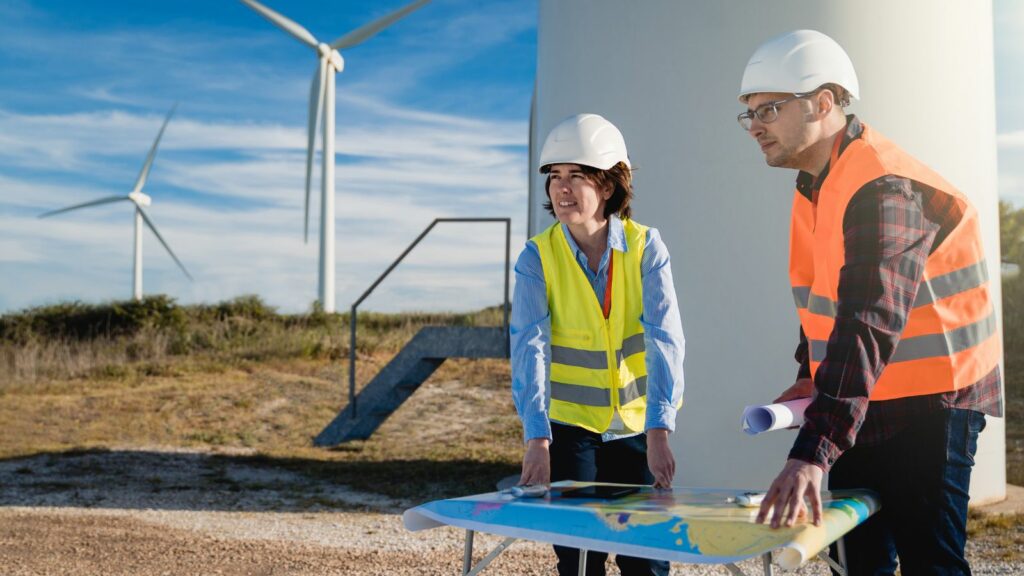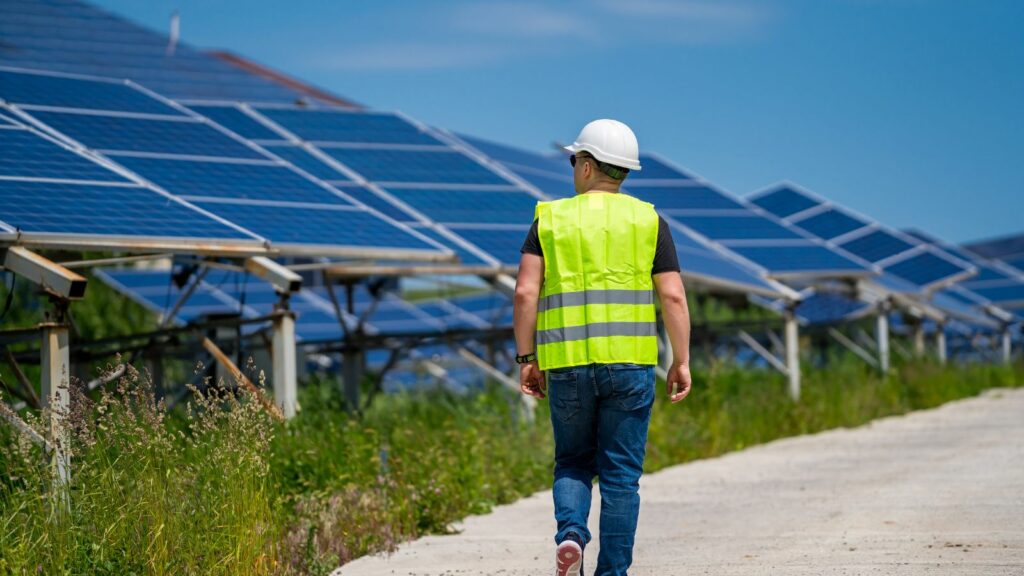In a world increasingly aware of its environmental footprint, green energy engineering stands at the forefront of innovation. As the demand for sustainable solutions grows, engineers are harnessing the power of wind, solar, and other renewable sources to fuel the future. This field not only promises cleaner energy but also seeks to revolutionize how we produce and consume power.
Green Energy Engineering

Green energy engineering focuses on developing technologies that harness renewable resources. It involves designing systems for energy production without relying on fossil fuels. By utilizing wind, solar, and hydro, engineers aim to produce energy with minimal environmental impact.
Professionals in this field work on optimizing energy efficiency and integrating clean technologies. They design solar panels, improve wind turbines, and develop energy storage systems. Each aspect enhances the reliability and affordability of green energy solutions.
Research and innovation drive green energy engineering forward. Engineers investigate new materials and technologies to increase effectiveness. They analyze data to understand energy consumption patterns and propose sustainable alternatives.
Innovations in Green Energy Engineering
Recent advancements in green energy engineering aim to revolutionize how energy is produced, stored, and distributed. By incorporating cutting-edge technologies, the energy sector seeks sustainable and efficient solutions.
Smart Grid Technology

Smart grid technology enhances energy distribution and management by integrating modern communication and automation. These grids use real-time data to predict and respond to energy demand efficiently, reducing waste and improving reliability. Smart meters and sensors enable precise energy tracking, leading to adaptive energy use. Additionally, smart grids support increased renewable energy use by managing variable energy inputs from sources like solar and wind.
Energy Storage Solutions
Energy storage solutions are crucial for balancing supply and demand in renewable energy systems. Technologies like lithium-ion batteries and flow batteries allow for efficient energy storage and release when needed, stabilizing energy grids. Innovative solutions such as solid-state batteries promise higher energy densities and longer lifespans, offering improved storage capabilities. Advancements in energy storage enhance grid reliability and facilitate the integration of intermittent renewable sources.
Benefits of Green Energy Engineering
Green energy engineering offers significant advantages, both environmentally and economically. Its growing importance lies in its ability to provide sustainable solutions.
Environmental Impact
Green energy engineering drastically reduces carbon emissions. Renewable technologies such as solar, wind, and hydro produce power with minimal greenhouse gases compared to fossil fuels. Wind turbines and solar panels capture energy without burning fuel, cutting pollution levels. Green engineering also preserves natural resources by utilizing abundant renewable sources. Hydroelectric power, for example, converts kinetic energy of water flow into electricity, ensuring resource conservation. These methods contribute to cleaner air, lowered global warming potential, and enhanced biodiversity.
Economic Advantages
Economic benefits stem from reduced fuel costs and energy independence. As renewables derive energy from natural resources, costs associated with fuel extraction and transportation decrease. Initial investments in technologies pay off through lower operational expenses. Green energy engineering drives job creation in manufacturing, installation, and maintenance of renewable systems. Industry growth spurs the development of new markets and technological innovations. By decreasing reliance on imported energy, countries enhance their economic stability, reducing susceptibility to fluctuating fuel prices.
The Future of Green Energy Engineering

Green energy engineering is set to transform global energy systems with advancements in technology and policy support. Researchers are exploring groundbreaking innovations like hydrogen fuel cells and advanced bioenergy crops, allowing more sustainable energy production. These technologies reduce carbon emissions and provide cleaner alternatives to fossil fuels.
Digital technologies play a critical role in this transformation, with artificial intelligence (AI) and machine learning optimizing energy management. AI systems analyze data to predict energy demand and enhance energy efficiency, contributing to smarter and more resilient grids. Enhanced grid connectivity further facilitates the integration of diverse renewable sources.
Policy changes provide strong incentives for green energy investments. Governments are adopting ambitious renewable energy targets, enacting policies to support innovation and commercial deployment of green technologies. These actions encourage private sector investments, helping achieve sustainability goals.
Harnessing Renewable Resources
Green energy engineering stands at the forefront of the global shift towards sustainable energy solutions. By harnessing renewable resources and advancing technology, it addresses critical environmental and economic challenges.

